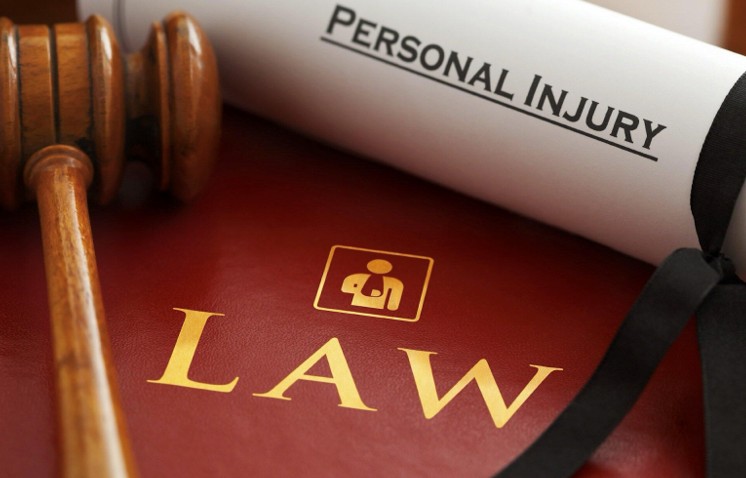Personal injury claims help people who suffer harm due to someone else’s actions. These claims cover injuries from accidents, negligence, or intentional harm.
Victims may seek compensation for medical bills, lost wages, and pain. The legal process can be complex, so understanding it is important.
Knowing the basics helps in making the right decisions. Seeking legal advice can make the process smoother.
This article explores key aspects of personal injury claims.
What Qualifies as a Personal Injury Claim
A personal injury claim arises when someone gets hurt because of another person’s fault. This can happen in car accidents, workplace incidents, or slip-and-fall cases.
Medical malpractice and defective products can also lead to claims. The injured party must prove that the other party caused the harm.
Evidence like medical records, photos, and witness statements can help. The law allows victims to seek damages for their losses. Every case is different, so details matter.
The Role of Negligence in Personal Injury Cases
Negligence is a key factor in most personal injury claims. It means that someone failed to act with reasonable care. If a driver runs a red light and causes an accident, that is negligence.
Property owners who ignore safety hazards can also be negligent. Proving negligence requires showing that the responsible party had a duty of care.
The breach of duty must have directly caused the injury. Without proof of negligence, a claim may not succeed. Legal guidance can help victims build a strong case.
Compensation Available in Personal Injury Claims
Victims of personal injury claims may receive different types of compensation. Medical expenses are the most common, covering hospital stays, medication, and therapy.
Lost wages may also be included if the injury affects the ability to work. Pain and suffering damages are meant to compensate for physical and emotional distress.
Some cases allow for punitive damages to punish bad behavior. The amount awarded depends on the severity of the injury. Each case is unique, so compensation varies. A fair settlement is the goal.
Time Limits for Filing a Personal Injury Claim
There is a deadline for filing personal injury claims, known as the statute of limitations. The time limit depends on the location and type of case. Some claims must be filed within a year, while others allow more time.
Missing the deadline can result in losing the right to seek compensation. It is best to start the process as soon as possible.
Gathering evidence and preparing a case takes time. Early action increases the chances of success. Legal assistance can ensure deadlines are met.
The Importance of Legal Representation
Many people choose to work with a personal injury lawyer when filing a claim. A lawyer understands the laws and procedures involved. They can negotiate with insurance companies to seek fair compensation.
Handling a claim alone can be stressful and complicated. Legal professionals gather evidence, file paperwork, and represent clients in court if needed. Having an expert increases the chances of a successful outcome.
Victims should consider legal support to protect their rights. A strong case requires proper preparation.
Learn to Understand the Legal Aspects of Personal Injury Claims
Understanding the legal aspects of personal injury claims is essential for anyone seeking compensation. Every personal injury claim is unique, so proper guidance is valuable.
Victims should be informed and prepared when pursuing legal action. Seeking justice and fair compensation is the ultimate goal.
Should you wish to explore other reads, head to our blog page. We’ve got more for you!


